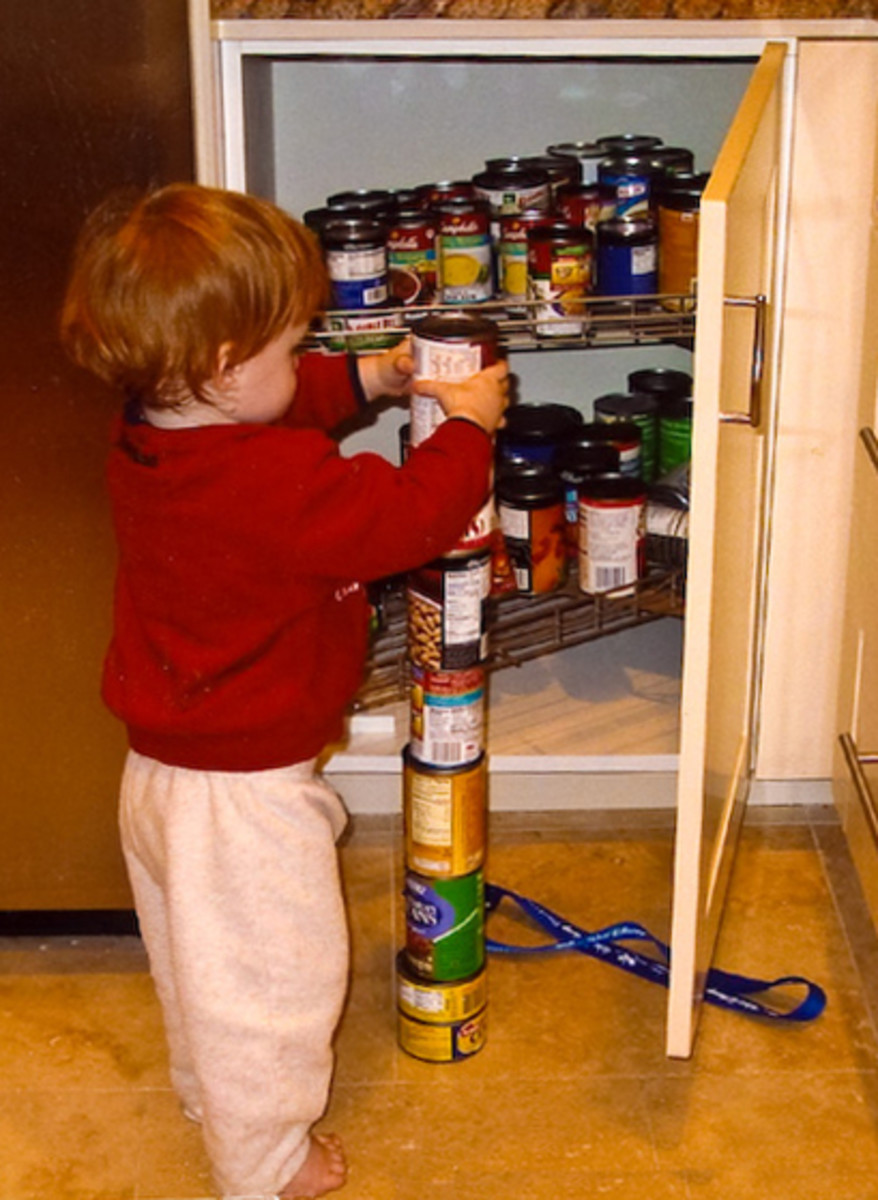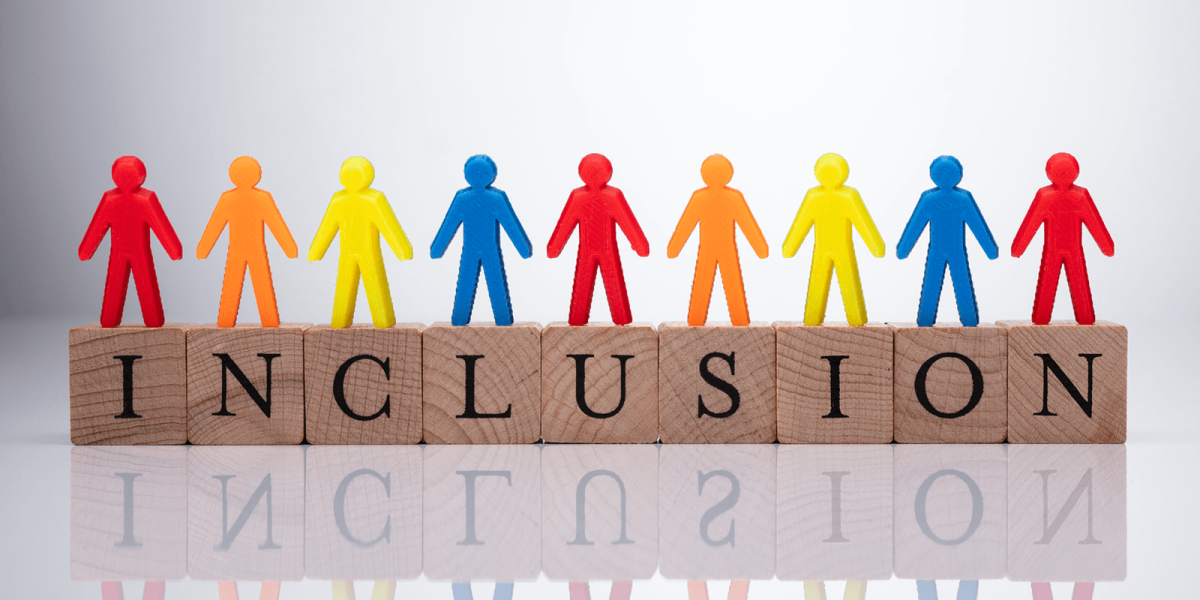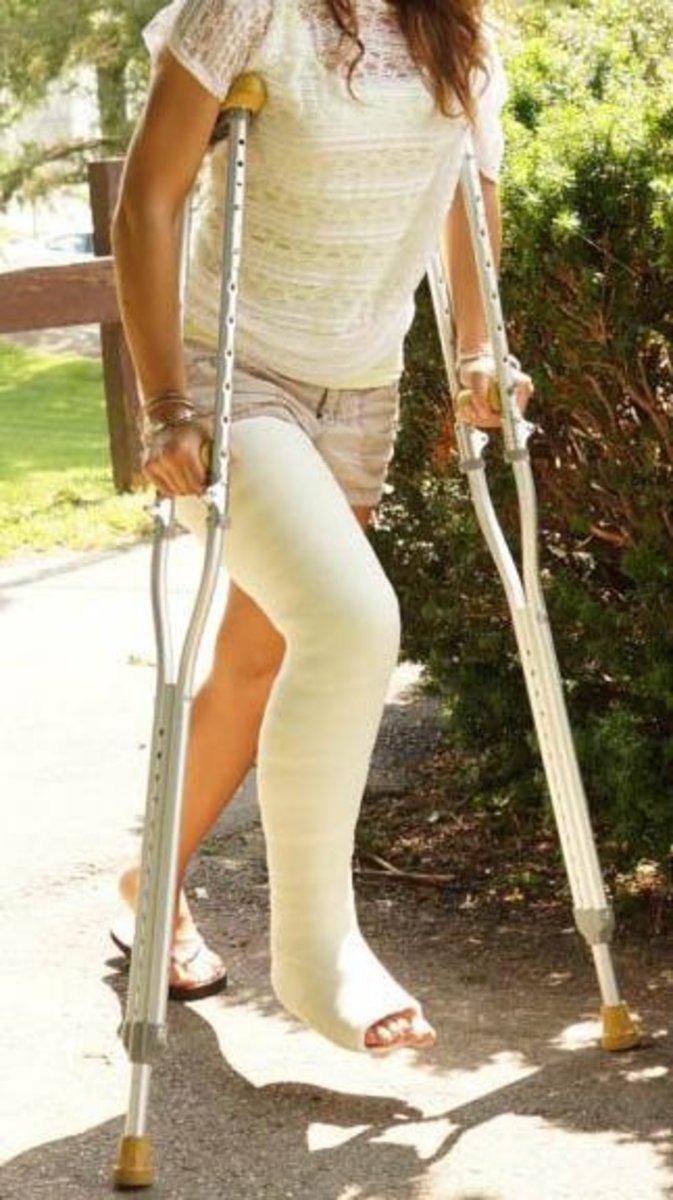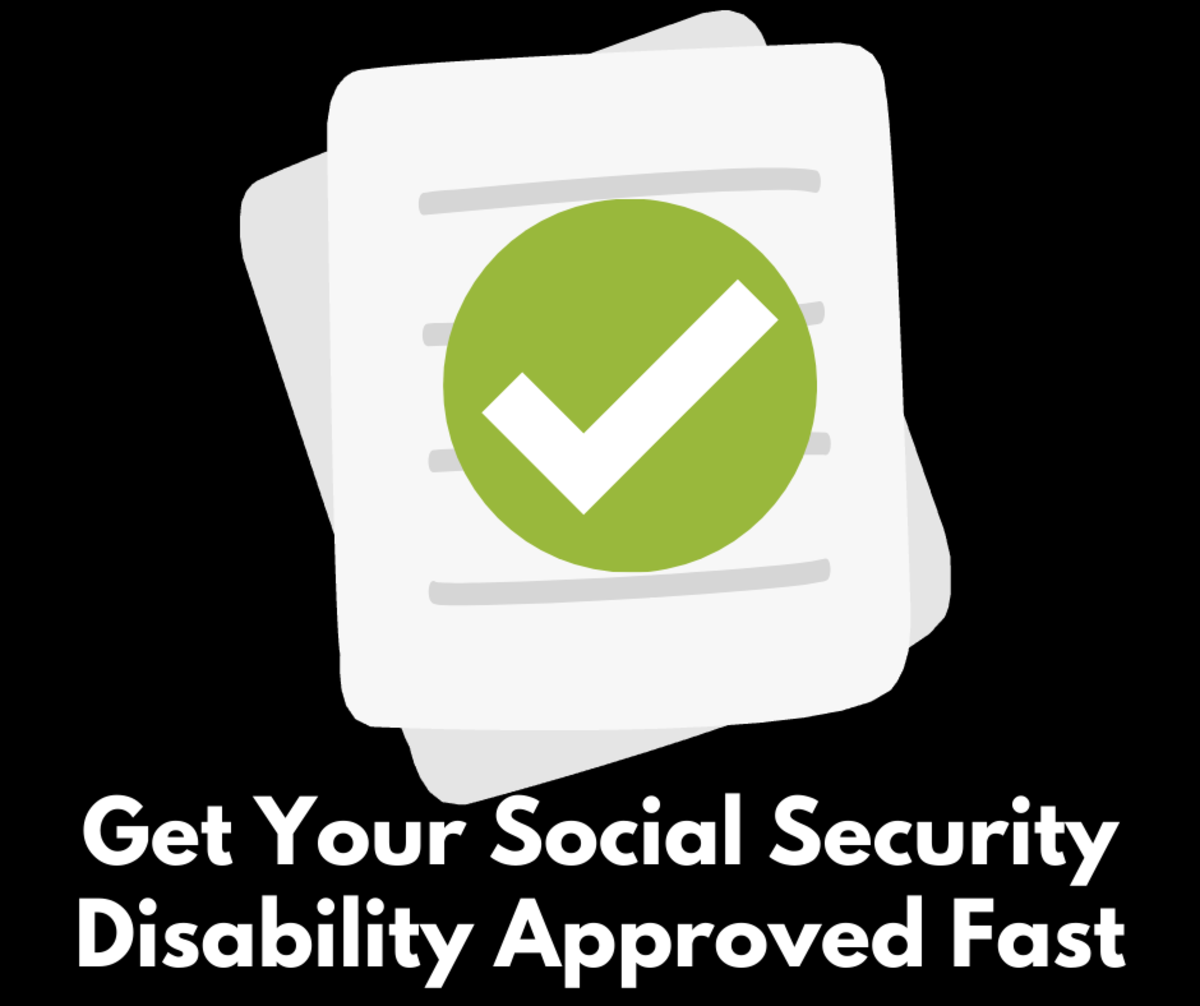Society And The Disabled
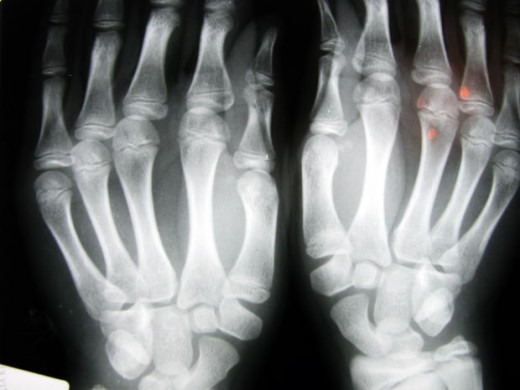
The medical aspects of a disability are undeniable. A person who is disabled whether from birth or through accident or illness has certain impairments that disallow them full physical or mental function.
Wherein the past society has referred to such individuals as handicapped a new designation has now been made and we refer to such people as 'the disabled'.

Society has also made physical changes to enhance the lives of those members of society who have a disability through providing accommodations such as allocated parking and wheelchair ramps. This practice has become known as 'fostering accessibility'. Those who have disabilities in our current society have greater access to shopping, restaurants, office buildings, and even medical facilities then people did even twenty years ago. Public parks, campgrounds and nature trails have also been designed to allow people with disabilities to enjoy the benefits of these public areas that were formerly off limits to them.
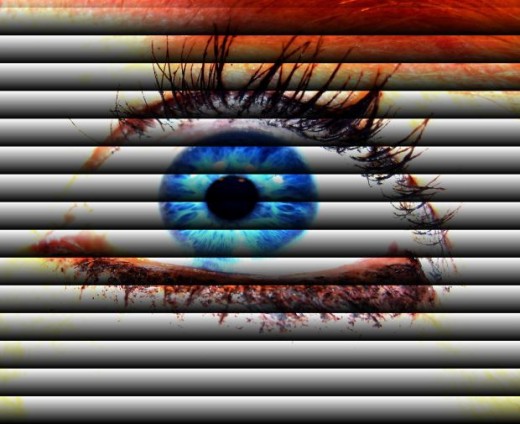
An area where society has failed to move forward is in their referring to and their addressing of people who have disabilities. As a society we habitually address the disability before addressing the person. I first became aware of this when my husband was injured in a cave in that resulted in a severe foot and leg injury. I was constantly asked about his 'disability' rather than about him. I was equally constantly at a loss for how to answer and it took me some time to figure out the reason was I saw him and not the disability. Maybe this is because I grew up with it. My grandmother, who was confined to a wheelchair after a leg amputation, lived with us. The only time I can recall having any attention on her 'disability' was when my mother would double park the car or leave it where it was blocking another vehicle while she dashed in to one place or another. She would always leave the keys and tell my grandmother to move it if anybody came. It was a 1954 Rover and I could not for the life of me figure out how my grandmother was supposed to "move it". This is when I learned to pray, hard and fast.
Our language is the blind man or the disabled woman rather than the man who is blind or the woman who has a disability. This language indicates that we perceive the disability before perceiving the person. Doing so colours our interactions with those who have a disability. While those of us who have able bodies base our interactions with each other based on who we are the same regard is not extended to those who have a disability. Rather it is seen that the person is their disability.
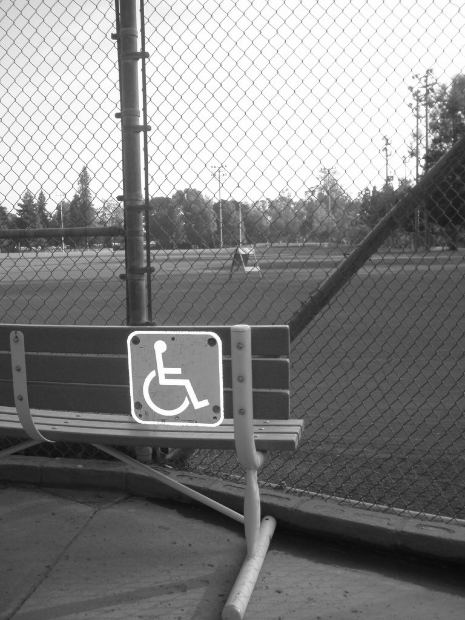
As you or I would find it disconcerting to have somebody talk about us as though we were not there so do does the person with a disability. The sad fact is though that more often than not people will speak to or ask questions of the companion rather than addressing the person with the disability directly. They are people first and their disability may be well down the list in the broader spectrum of all that they are.
There are any number of false precepts about people with disabilities that interfere with our interactions with them. There are those among us who actually resent the fact that people with disabilities get 'disability benefits'. As I have stated in my hub, Disability Discrimination Equals A Lack Of Respond Ability,disability benefits is an oxymoron. A few of the other assumptions that interfere with our relationships with the disabled are, the disabled person needs or wants assistance; a person who has one disability also has others (eg. they are hard of hearing or are language impaired); they are unhappy with life and only want you to feel sorry for them; they are easily offended; their companion is only there to look after them.
You ask a the person with a disability if they require assistance the same way you would ask anyone else. If they do require help ask what they need or want rather than assuming that you know, just as you would for an able bodied person. If they turn down your offer of assistance it is no more a personal affront than it would be for anyone else saying "No thank you."
,
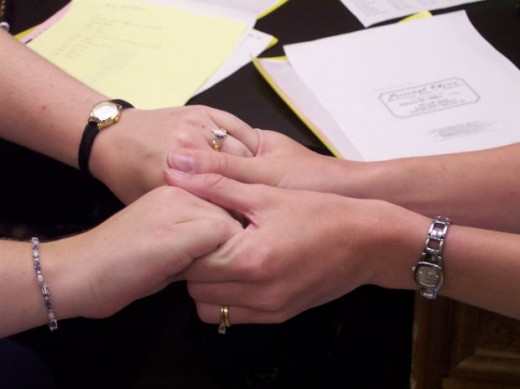
The common assumptions we make and the misconceptions we have about those among us who live with disabilities serve only to add to the challenges they face on a daily basis. It is not their problem that we have forgotten that they are people first and that as such they deserve the same respect and regard as we would give any other member of our society. We extend ourselves, lend ourselves and reach out to each other every day of our lives. The same rule applies whether able bodied or no, you treat others the way you want to be treated.
- Disability Discrimination Equals A Lack Of Respond Ability
As a society we have come a long way in the resources and equipment that are available to persons with disabilities but it is questionable whether our change in attitude towards those among us who are... - How To Cheer Yourself Up Fast
The times when you need cheering up are those times when you find yourself duplicating Eeyore, when everything and everyone is a bother. When things are going well it is easy to be cheerful, it is a bit of a... - What Is Caregiver Stress Syndrome?
Caregiver Stress Syndrome - The stress brought on by the unvarying, unending, unrelenting,care of a person who is totally or even partially reliant is insidious in that pulls out and chews up bits of the...





